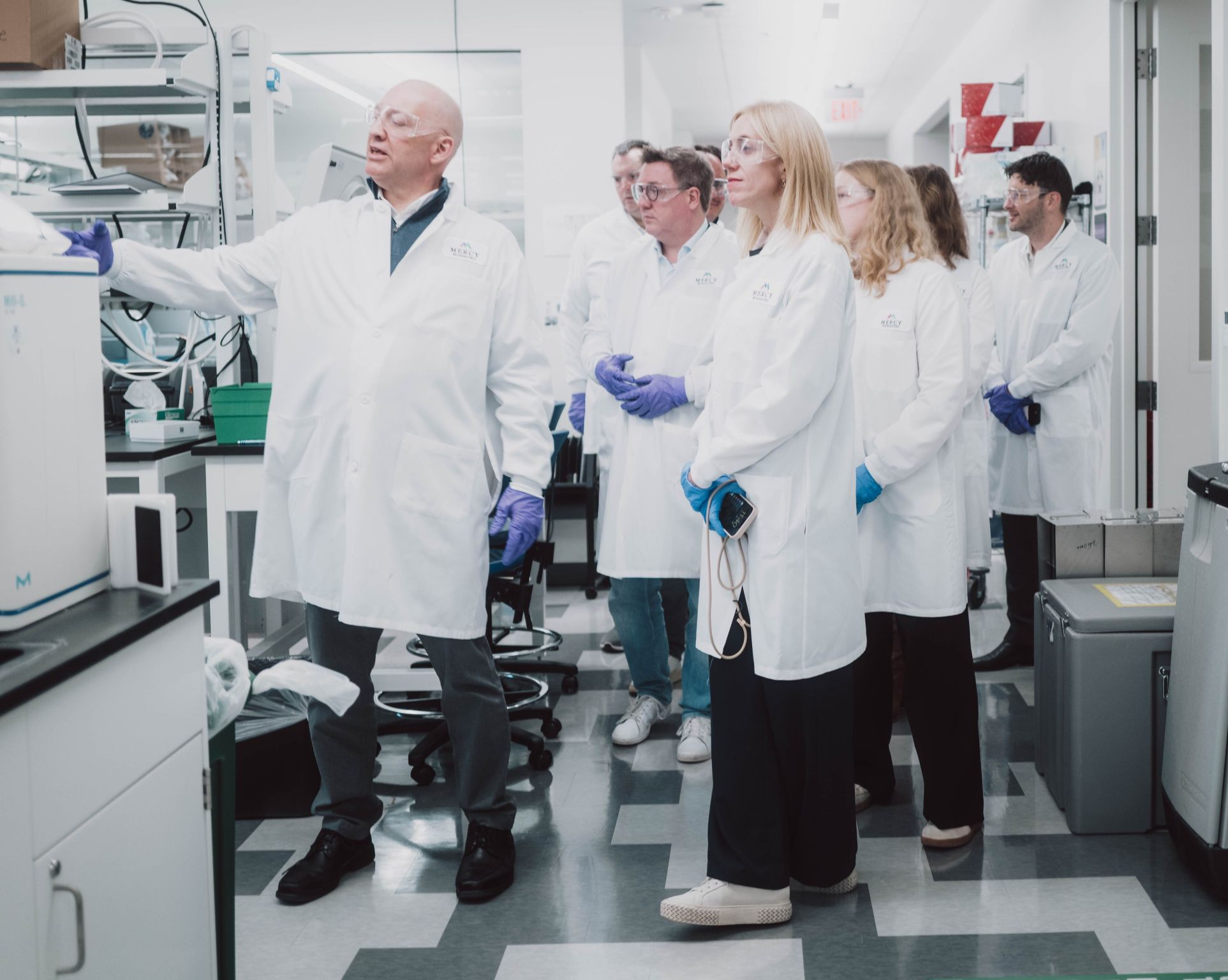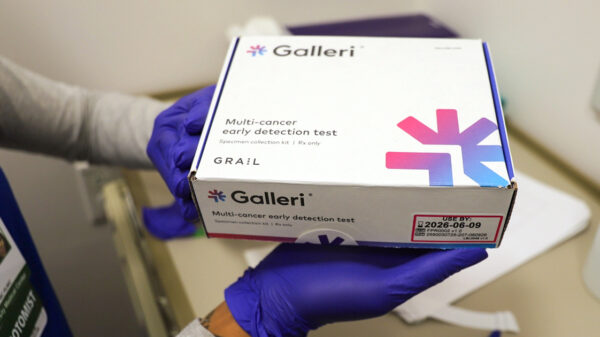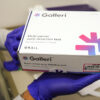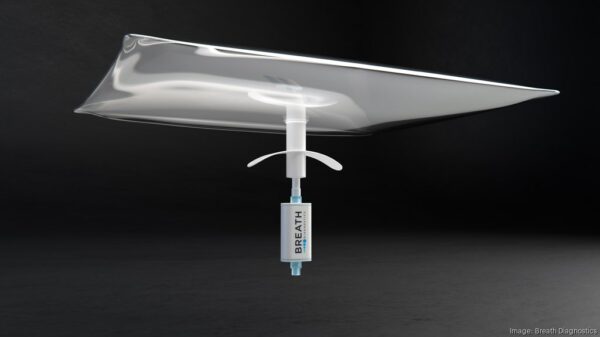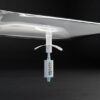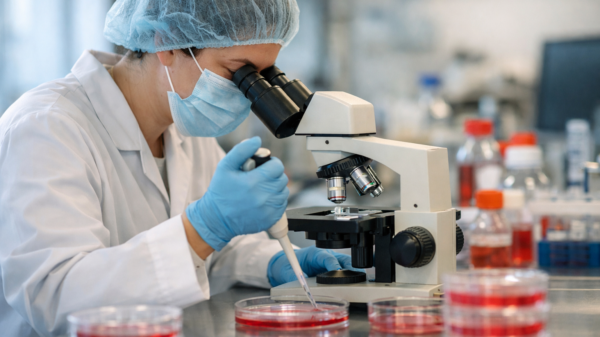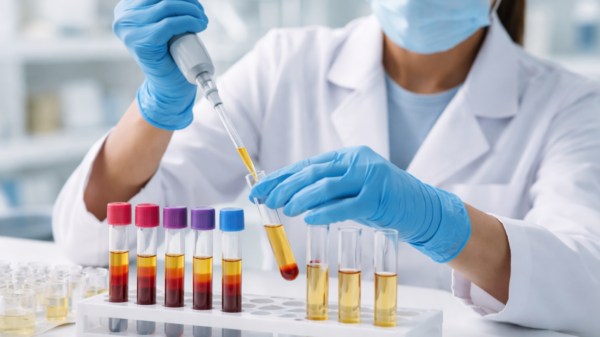Ovarian cancer blood test developer Mercy BioAnalytics has completed an investigation into the lung cancer detection capabilities of its screening tool. The results were favourable and indicate that the “Halo” blood biopsy could serve as an efficacious first-line screening device before referring patients to a CT scanner.
For their assessment, they used Halo to examine 48 samples from a National Lung Screening Trial completed in the early 2000s. These vials of frozen blood are currently stored in a biorepository facility in the United States.
Mercy determined that Halo was 23 per cent more accurate at detecting lung cancer in blood samples taken from participating patients one year prior to their diagnosis than a low-dose CT scan machine that same year. In other words, the blood biopsy identified nearly four times as many lung cancer cases at a point when they were still undetectable by CT imaging. This early warning capability was shown in every variety of lung cancer.
Furthermore, Massachusetts-headquartered Mercy has explained that it was capable of identifying 40 per cent of the lung cancer cases that were missed by LDCT at the time when the NLST took place.
Chief Executive Officer Dawn Mattoon says Halo and LDCT complement each other.
“While many cancers were detected by both modalities, unique cancers were detected by each, suggesting both could play an important role in lung cancer screening,” she explained.
Mattoon also says that it could save patients and healthcare providers from substantial expenses and unnecessary radiation exposure by acting as an initial screening modality.
“This unique combination of performance characteristics suggests our blood-based [test] may be suitable for first line lung cancer screening with reflex to diagnostic CT,” she elaborated, “rather than shuttling a high percentage of false positive patients to a second-line LDCT screen.”
“A promising complementary tool for screening,” commented Boston-based medical oncologist Ilyas Sahin.
Read more: Breath Diagnostics leaders promote their mission at Miami investment conference
Findings come from a small but rigorously blinded analysis of NLST samples
Halo has the potential to dramatically reduce the number of unnecessary surgical procedures linked to false positive yielded by low-dose CT scans and catch cases at their most treatable stages.
Upon validation, Halo could offer a quicker, speedier, radiation-free first step for millions of Americans that are currently eligible for lung cancer screening. This could potentially save thousands of lives per annum.
Mercy’s blood testing system differs from others on the market because of the way that it focuses on tumour-derived extracellular vesicles and their cancer biomarkers instead of circulating tumour DNA like conventional biopsies. Mercy has explained that these vesicles circulate in high abundance even in the earliest stages of cancer.
“You continue to push the envelope in what’s possible and better patient care is the obvious result,” said Tony Lialin, Chief Commercial Officer at VivoSim Labs Inc (NASDAQ: VIVS), with regard to the latest lung cancer testing results. “You should all be very proud.”
Read more: Breath Diagnostics adopts state-of-the-art mass spectrometer device for lung screening
Follow Rowan Dunne on LinkedIn
rowan@mugglehead.com

